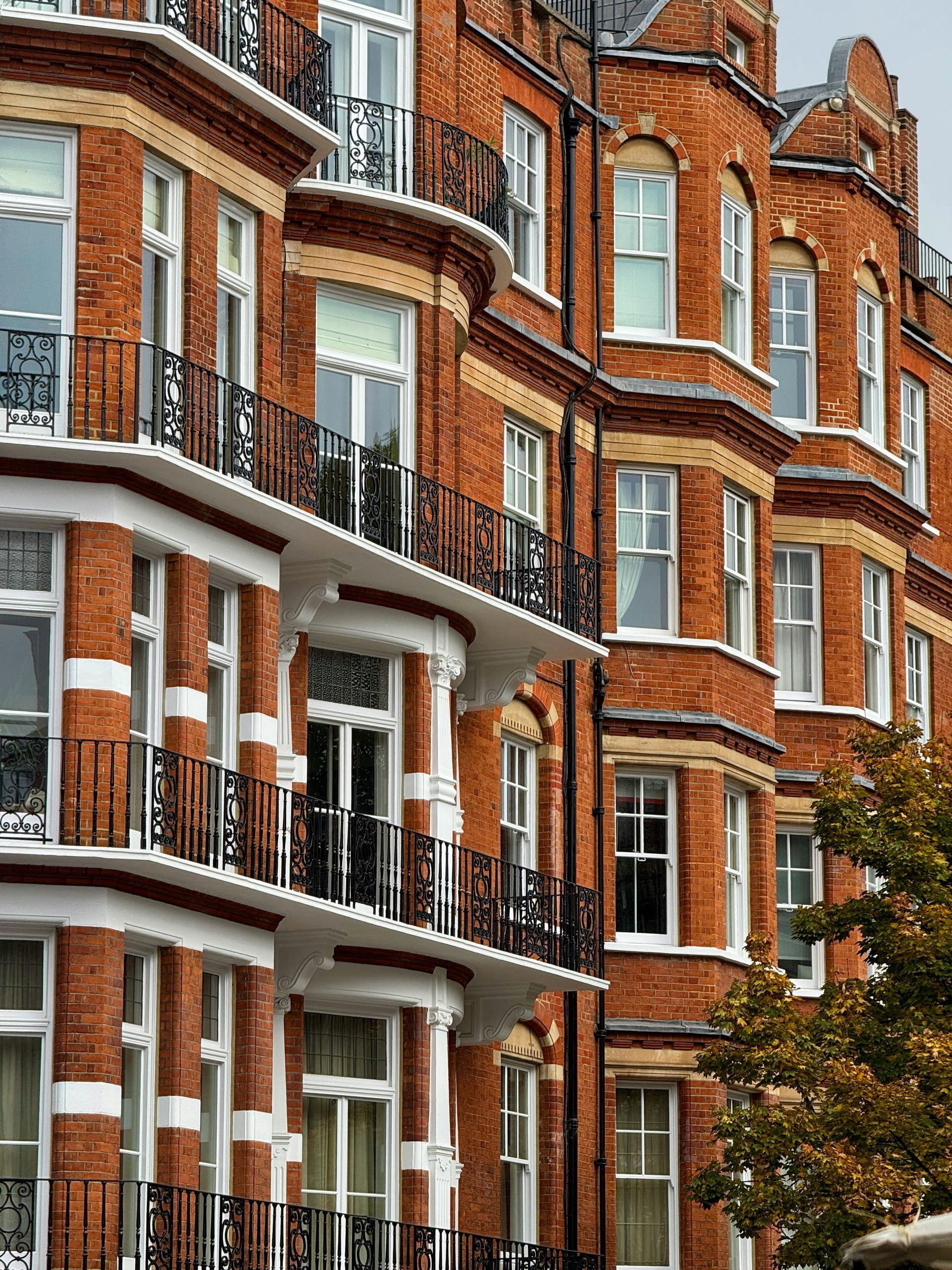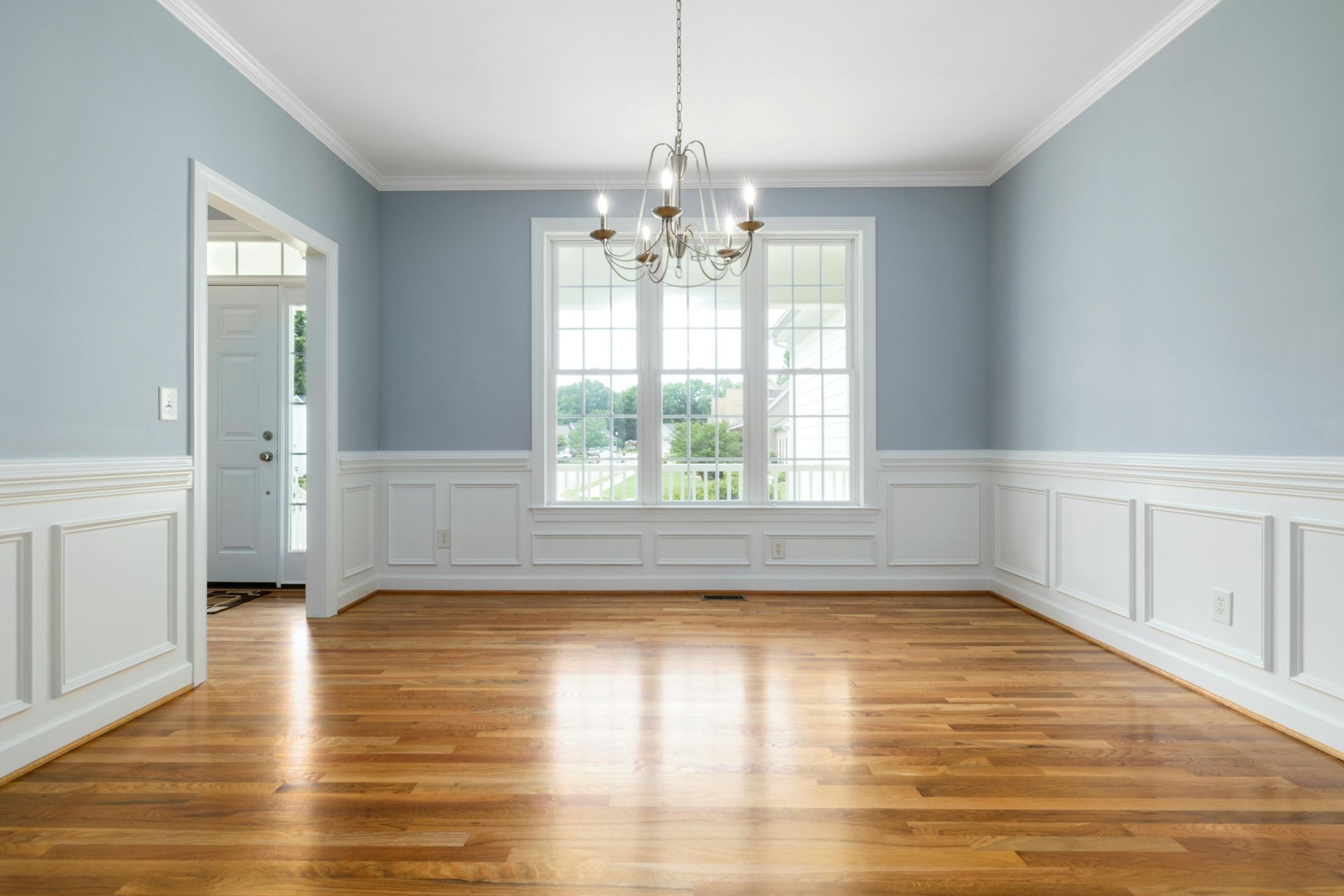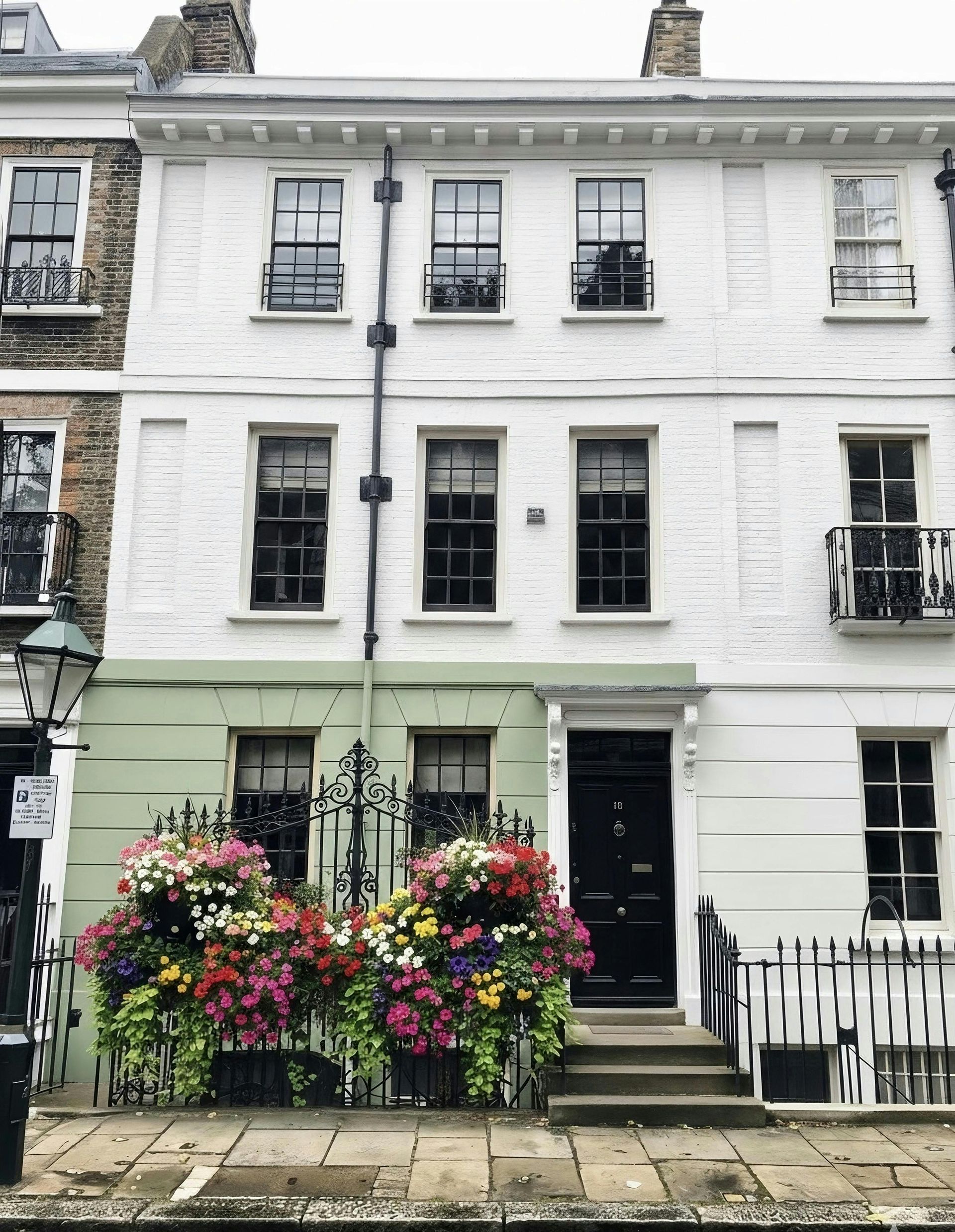London has long been a global hub for Islamic finance. From sovereign sukuk issuances to private banking divisions catering to Gulf clients, the UK’s financial system has developed one of the most sophisticated Sharia-compliant ecosystems outside the Middle East.
In 2025, this market is more relevant than ever. Wealth from the GCC and Asia continues to flow into
Prime Central London (PCL) — areas such as Knightsbridge, Mayfair, and Belgravia remain synonymous with prestige, education, and stability. But for Muslim buyers seeking ethical, interest-free finance, conventional mortgages are not an option.
That’s where Sharia-compliant property finance comes in. Guided by Islamic principles that prohibit riba (interest) and speculative transactions, these structures offer a practical, transparent way for affluent clients to acquire property while upholding faith-aligned values.
At
Willow Private Finance, we work with leading Islamic banks, private lenders, and boutique Sharia structuring teams to help clients navigate this unique form of property funding — ensuring it integrates seamlessly with wider wealth strategies.
For context, see our related article
High Net Worth Mortgages in 2025: What Lenders Look For Beyond Income.
Market Context in 2025
Islamic finance is no longer niche. According to the City of London Corporation, the UK now hosts more than 20 banks offering Sharia-compliant services, including fully fledged Islamic institutions and private banks with Islamic windows.
In the PCL property market, Sharia-compliant buyers are increasingly active, often acquiring homes valued between £3 million and £30 million. Many are based in the UAE, Qatar, Saudi Arabia, and Malaysia — while others are UK residents seeking ethical or ESG-aligned financial products.
Market conditions have also supported the growth of this sector. With interest rates stabilising after years of volatility, Islamic banks have become more competitive on pricing. Their profit rates — functionally equivalent to conventional interest but structured differently — now align closely with mainstream mortgage products, while retaining the ethical frameworks investors value.
How Sharia-Compliant Property Finance Works
Unlike a conventional mortgage, where the borrower pays interest on a loan, Sharia-compliant finance is structured as a trade or partnership. The two most common forms used for UK property are
Murabaha and
Diminishing Musharaka.
In a
Murabaha transaction, the bank purchases the property and immediately sells it to the client at an agreed, higher price — payable in instalments. The profit element represents the bank’s return, not interest. The property’s title transfers immediately, and the client’s obligations are fixed from the outset.
In a
Diminishing Musharaka, the bank and client buy the property jointly. The client gradually purchases the bank’s share over time through regular payments, which include both capital and rent for the portion still owned by the bank. As ownership “diminishes” on the bank’s side, the client’s equity increases until full ownership is achieved.
These structures allow borrowers to access high-value property finance without contravening Islamic law, while still meeting regulatory and credit-risk standards set by the Financial Conduct Authority and UK banking law.
What Lenders Are Looking For
Islamic banks apply the same rigour as conventional lenders when underwriting high-value property finance. They focus on
asset quality,
borrower integrity, and
repayment capacity — but they also consider ethical fit and transparency.
Borrowers must typically demonstrate:
- Clear source of wealth and compliance with AML/KYC standards.
- Ability to fund the deposit (usually 25–35%).
- A credible repayment plan for the profit instalments.
- A willingness to adhere to full Sharia structuring requirements, which can lengthen timelines slightly compared to conventional loans.
Private banks offering Islamic “windows” are particularly popular among HNW borrowers who want one relationship to handle both conventional and Sharia-compliant assets. This hybrid approach allows families with multiple holdings — some financed through interest-based structures and others through Islamic finance — to consolidate reporting and relationship management under one institution.
Challenges Borrowers Face
While Sharia-compliant finance is well-established, it remains a more specialised process than a standard mortgage. The first challenge is
education: borrowers must understand the differences in terminology, documentation, and process.
Another challenge is
valuation and timeline. Because the bank purchases the property directly (rather than lending against it), due diligence and legal reviews can take longer. Conveyancers and solicitors must have experience in Islamic contracts to avoid delays.
Finally,
currency and liquidity management can be complex. Many international clients prefer to fund part of their purchase in foreign currencies, while the Islamic bank may transact in sterling. Coordinating exchange rates, profit margins, and cross-border compliance requires skilled structuring.
At Willow Private Finance, we anticipate these challenges by working closely with both Sharia scholars and banking teams to ensure each stage — from offer letter to completion — runs smoothly.
Smart Structuring and Strategic Benefits
The appeal of Sharia-compliant property finance extends beyond religious observance. Many HNW clients value the
transparency and
asset-backed nature of these arrangements. Because the bank shares ownership and risk, the structure inherently discourages excessive leverage and promotes prudence — qualities that align with broader ESG and sustainable finance principles.
Some clients also use Islamic finance as a
diversification strategy, particularly when they hold multiple assets financed through conventional debt. Having a portion of their portfolio under Sharia-compliant arrangements can mitigate risk exposure to traditional interest-rate movements and demonstrate ethical stewardship to investors or family offices.
Private banks offering Islamic products now compete directly with dedicated Islamic lenders on pricing, and often provide greater flexibility on asset location and currency. For example, a borrower might use a Sharia-compliant facility for a London property purchase while maintaining liquidity in Dubai or Singapore accounts — all managed under one relationship.
Hypothetical Scenario
A Qatari investor identifies a £12 million residence in Kensington for family use. The client wishes to comply fully with Sharia principles while maintaining an efficient purchase timeline.
Willow Private Finance structures a
Diminishing Musharaka agreement through a leading UK Islamic bank. The bank and client jointly acquire the property — 70% financed by the bank, 30% by the client. The client makes monthly payments covering rent and equity purchase, gradually increasing ownership until full title transfers after seven years.
The transaction includes full compliance certification by a Sharia board, UK conveyancing handled by Islamic finance specialists, and coordination of currency exchange via the client’s Dubai bank. The result: a seamless, ethical, and commercially robust property acquisition that satisfies both religious and financial objectives.
Outlook for 2025 and Beyond
As global wealth becomes more values-driven, demand for ethical and Sharia-compliant finance in Prime Central London is set to accelerate. Institutional and private lenders alike are expanding their offerings — from structured Murabaha transactions to ESG-aligned Musharaka models.
Technology is also improving accessibility. Digital documentation, real-time currency management, and centralised Sharia advisory platforms now make international transactions smoother than ever.
Looking ahead, we expect the convergence of
Islamic finance, ESG lending, and private banking to reshape the upper end of London’s mortgage market. Borrowers who embrace these principles early will not only secure compliant funding but also demonstrate leadership in responsible finance.
How Willow Private Finance Can Help
At
Willow Private Finance, we have extensive experience in arranging high-value, Sharia-compliant property finance for both UK residents and international clients.
We work with a network of Islamic banks, boutique private lenders, and family offices that specialise in ethical, interest-free lending structures — ensuring that every element of the transaction aligns with both Sharia principles and UK regulatory frameworks.
Whether acquiring a personal residence or refinancing an investment portfolio, our team provides end-to-end guidance — from lender selection and term negotiation to legal coordination and currency management.
Our role is to simplify complexity, ensuring each client’s values and objectives are reflected in a seamless, transparent finance solution.
Frequently Asked Questions
Q1: What is Sharia-compliant property finance?
A: It’s a form of ethical lending that avoids interest payments. The bank and client either buy the property jointly or agree a trade-based purchase with transparent profit terms.
Q2: How does it differ from a conventional mortgage?
A: Instead of paying interest, the borrower repays through instalments or rent linked to ownership share. The structure is based on asset partnership, not debt.
Q3: Do Sharia-compliant loans cost more?
A: Not necessarily. Profit rates are now broadly comparable with conventional mortgage rates, though additional legal work can affect timelines slightly.
Q4: Can non-Muslim clients use Sharia-compliant finance?
A: Yes. Many borrowers choose it for ethical or ESG reasons, as it promotes transparency and asset-backed lending.
Q5: What is a Diminishing Musharaka?
A: It’s a co-ownership structure where the client gradually buys the bank’s share in the property while paying rent on the portion still owned by the bank.
Q6: How long does a Sharia-compliant transaction take?
A: Typically 6–10 weeks, depending on property type, lender, and legal review. Working with an experienced broker helps expedite the process.
📞 Want Help Navigating Today’s Market?
Book a free strategy call with one of our mortgage specialists.
We’ll help you find the smartest way forward — whatever rates do next.











